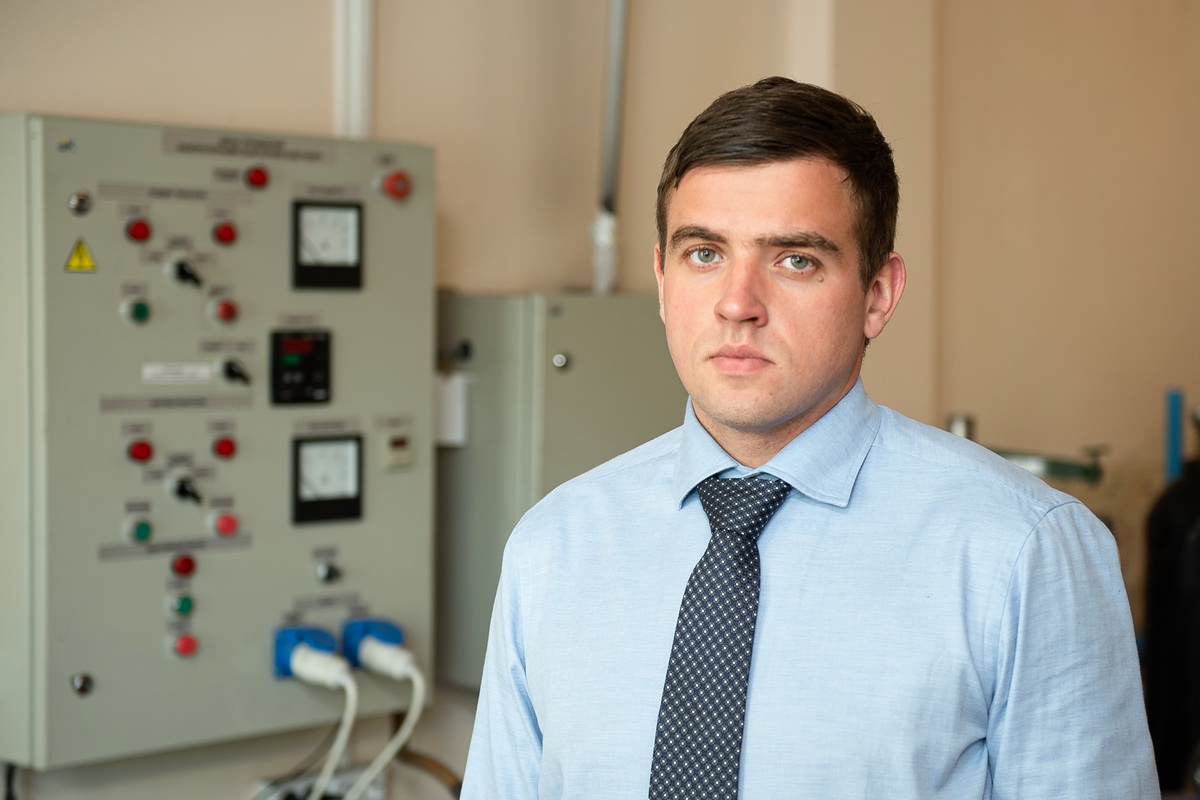The joint research project of Tomsk State University and Boramae Medical Center, Seoul National University Hospital, won a grant competition for bilateral projects from the Russian Ministry of Science and Higher Education and Ministry of Science of South Korea. In the two-year project, the scientists will develop new magnesium-based composite materials with biocompatible inert coatings. These materials will be used in bioresorbable implants that dissolve inside the human body and are replaced by biological tissue.
Ekaterina Marchenko, head of the TSU Laboratory of Medical Alloys and Shape Memory Implants and the project head, explains that bioresorbable implant development is a priority topic in biomedicine. The implant has to be biocompatible, durable, and with a controlled resorption rate, so that bone remodeling starts more quickly and is complete before the material can degrade completely.
“We will develop new technological approaches to create new-generation medical magnesium-based alloys, strengthened by nano-sized particles with modified inert particles. This will ensure high physical-chemical, biological, and physical-mechanical characteristics combined with controlled biodegradation,” explains Ekaterina Marchenko,
TSU has collaborated with Korean universities for ten years, developing new biomaterials and biotechnologies. Together they have co-authored more than 20 articles.The Tomsk–South Korean partnership will enable transdisciplinary research on developing materials from the point of view of physical material science and biology. The South Korean partner’s infrastructure and competencies will facilitate a high level of investigation in biocompatibility and biodegradation of new materials and coatings.
“The TSU team’s previous achievements under the guidance of professor Alexander Vorozhtsov and unique research and technological equipment for developing and studying nanocomposite alloys and coatings will be the basis for a new technology for manufacturing bioresorbable implants for bone tissue regeneration,” says Ilya Zhukov, head of the TSU Laboratory of Nanotechnology Metallurgy.
